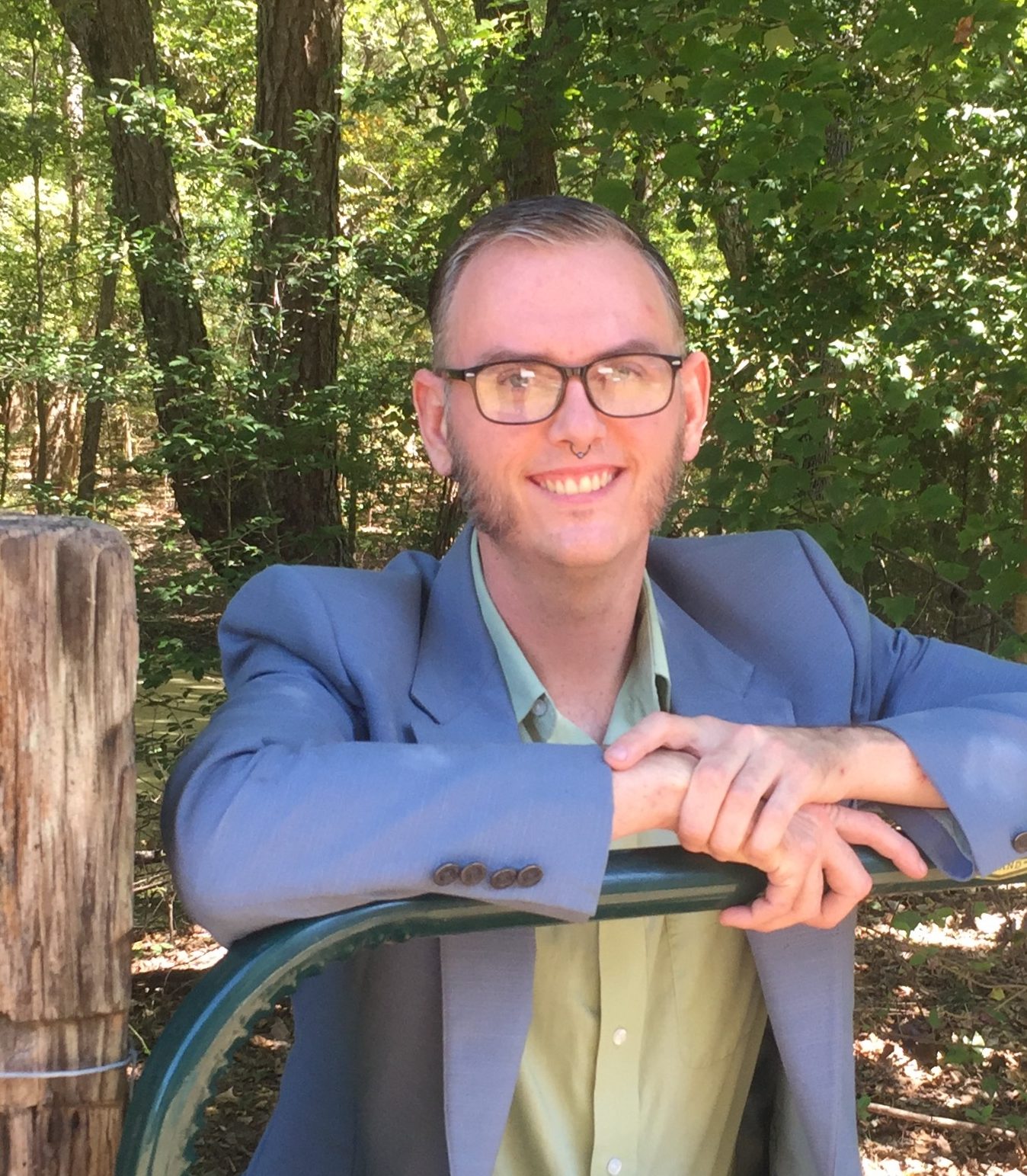The way the postmodern system currently works is through manipulation toward pessimism.
At few factors are at play. Economically, money accomplishes things by moving labor. Psychologically, people form their opinions based on associations: for instance, if pleasure is experienced alongside an event, the event will be desired again in the future, and similarly if it is displeasurable it will be avoided. Behaviorally, people are biased toward the familiar, typically ruling in favor of the status quo. Financially, economics can be used to establish psychological associations that manipulate behavior.
For example, capitalists, landlords, and bosses, who have unearned income in the forms of interest, rent, and profit, as well as religious authorities and politicians, who have control of compulsory tithes and taxes, can use their surplus income, at a loss but without a cost (cost is effort, unearned income has no cost to the holder) to create artificial psychological associations by manipulating culture.
One way this is done is by establishing preferred familiarities, because people tend to be biased toward familiarity. So those with surplus money will use it to establish celebrities and talking heads of their choosing, and to make watching them as enjoyable as modern science allows. They will also establish compulsory authorities, such as teachers and more of their own kind, to establish learned helplessness and Stockholm syndrome. This, like narcissistic abuse, creates mental associations of trust and dependency in the victim. These larger-than-life figures, whose flaws are not broadcasted, by being largely enjoyable and dependable, moreso than any real people in our lives (whose mortal flaws or competing needs reduce their utility to us) can then easily manipulate us. We default toward agreeing with these seemingly perfect, enjoyable images, and figures of authority, more than those we know more personally or peerfully. We associate them with Truth and Goodness. They are sacred, and we are but mundanes, our peers being profanes, as we now see things. Our peers can kick rocks, we want the celebrities and teachers to lead us with their paradigmatic voices.
And what are they telling us? They tell us we just can’t get along, that we’re all sinners, that we’ll never be understood by anyone fully. And we believe it, or at least those who are bought in to the system do. Thus, “everything’s subjective,” “so-and-so is a racist,” “this guy thinks he knows everything,” etc. We have no trust, or, as Mexican mutualistas style it, confianza y confianza, “trust in mutual trust.” We cannot even imagine trusting each other, let alone can we trust that we can trust one another. Postmodernity ensures this, at least for the unknowing.
But there is something mystical about Knowing, which allows us to be more than pinballs pushed around from outside. When we Know, we can be moved by our inner Light, from within. We can reflect on whether we should keep doing what we’re doing, and if we should keep feeding the pessimistic monster of our nihilistic, duldrum psychology, or if maybe we should instead come to love Nature even more, to study her and indeed be consciously a part of him, to Know some more. And when we Know, we Love.
So, you see, the effort to combat the manipulation by the money power of our minds and our societies is, in part, the effort to expose and educate. But we cannot dedicate to this effort if we still give in to manufactured familiarities over our peers. We have to see the Within of one another, the value of everyone’s Inner Light.
While reading this, you may feel uneasy. But by my telling you that this is a consequence that you cannot escape unless you are willing, you might consider if you are willing or not. If you are, that is the “free will” philosophers talk about, which is free from simple physics, the Without of things. We all have this capacity in us, and it is quite magical. For this reason, it can be a danger to share it, because surplus income also funds agents of power. If you are not willing, you have yet to develop fully a soul, having body perhaps, but being weak in spirit, which animates from Within.

